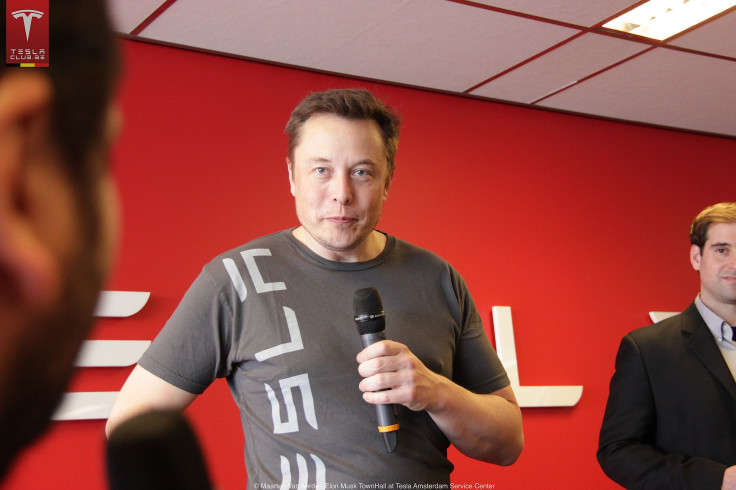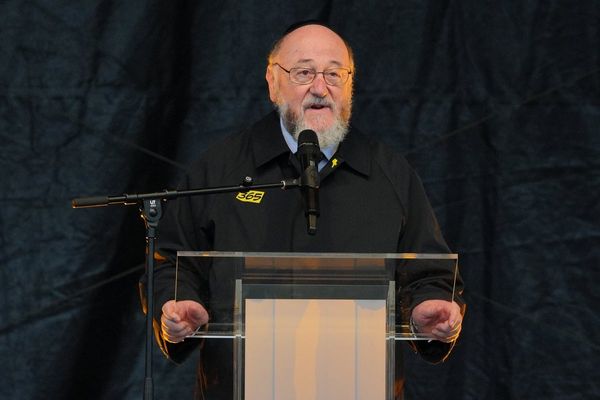
Tesla's board is still silent about their future plans after a Delaware court said they can't give CEO Elon Musk a huge pay package, leaving the billionaire furious.
Kathaleen McCormick, a Chancellor of the Delaware Court of Chancery, described the $55 billion (£43.33 billion) compensation package as the biggest ever given to a CEO of a publicly traded company in her 200-page opinion on January 20.
According to McCormick, the people who agreed to give Musk this massive amount of money were basically under his control. This has even put Musk's position as the world's richest person in jeopardy. Unsurprisingly, he has been lashing out at the court since then.
Never incorporate your company in the state of Delaware
— Elon Musk (@elonmusk) January 30, 2024
Should Tesla change its state of incorporation to Texas, home of its physical headquarters?
— Elon Musk (@elonmusk) January 31, 2024
Taking to his social media platform, X, the billionaire wrote: "Never incorporate your company in the state of Delaware." He noted that his automotive company would hold a shareholder vote to move its site of incorporation to Texas.
Tesla hasn't yet issued an SEC filing to inform the shareholders of the ruling, which came shortly after Musk demanded more control of the EV maker. In an X post, Musk declared he wanted about 25 per cent voting control to turn the company into a leader in artificial intelligence (AI) and robotics.
Interestingly, Musk announced the formation of his own AI company called xAI, which he claims focuses on understanding "the true nature of the universe," via an X post on July 12, 2023.
Announcing formation of @xAI to understand reality
— Elon Musk (@elonmusk) July 12, 2023
Currently, legal details regarding Musk's pay package are being finalised. An "implementing order" will be discussed carefully by the court, Musk's team and the lawyers representing shareholder Richard Tornetta, who was the plaintiff in the 2018 lawsuit filed on behalf of all Tesla investors.
While Tesla shareholders are restlessly waiting for answers, the company's 8-person board, which includes Musk, his brother Kimbal, Chairwoman Robyn Denholm and former Tesla technology chief JB Straubel, have issued no public statements.
Lead counsel for Tornetta, Greg Varallo, told CNBC that theoretically Musk and his legal team will still have the option to pursue a last-minute settlement. Varallo, who allegedly does not know Musk's plans, said he expects the Tesla CEO to appeal the decision to the Delaware state Supreme Court. "I'd give you very high odds on that," Varallo said.
This aligns with a statement made by Kobi Kastiel, a law professor at Tel Aviv University. "Given the high stakes involved, it is likely that Tesla will appeal the decision," Kastiel said in an email.
Amid the lack of a successful appeal, Kastiel said, "any new compensation arrangement with him will have to be assessed" in light of McCormick's decision.
Elon Musk's massive compensation plan
The 2018 CEO compensation plan included a slew of tranches of stock options that were slated to finish vesting in 2022. Moreover, these stock options were based on milestones, including some focused on stock price increases.
With Musk promising to turn Tesla into a dominant EV brand, the EV company's shares soared almost 500 per cent between the beginning of 2018 and the end of 2022. The S&P 500 gained 44 per cent and Nasdaq rose 52 per cent over that stretch.
1. Tesla's Stock Drops 21% in One Month, Analysts Recommend Holding Position
— justAdemo (@justAdemo123) February 5, 2024
2. Tesla's Pre-Market Price Falls to $185.4 After Market Value Plummets, Analysts Suggest Holding Off on Buying
3. Tesla's Shares Rated as "Hold" by 40 Analysts, Stock Drops 1.3% in Pre-Market Trading pic.twitter.com/yQSN8UI3LK
Eric Talley, a professor at Columbia Law School, told CNBC that Musk will lose his options but not any previously-held shares if the ruling stands. The move would decrease the number of outstanding shares, potentially bolstering the value of each share held by investors.
"A bunch of options would be returned to Tesla's coffers, which is hugely accretive to stock value," said Talley. "Tesla has a very grumpy CEO who might want to take his ball and go home. Thus far, trading suggests those two factors have been a wash," he pointed out.
Tesla shares have taken a dive since the court ruling in January, falling about 25 per cent while the rest of the market is doing well.







